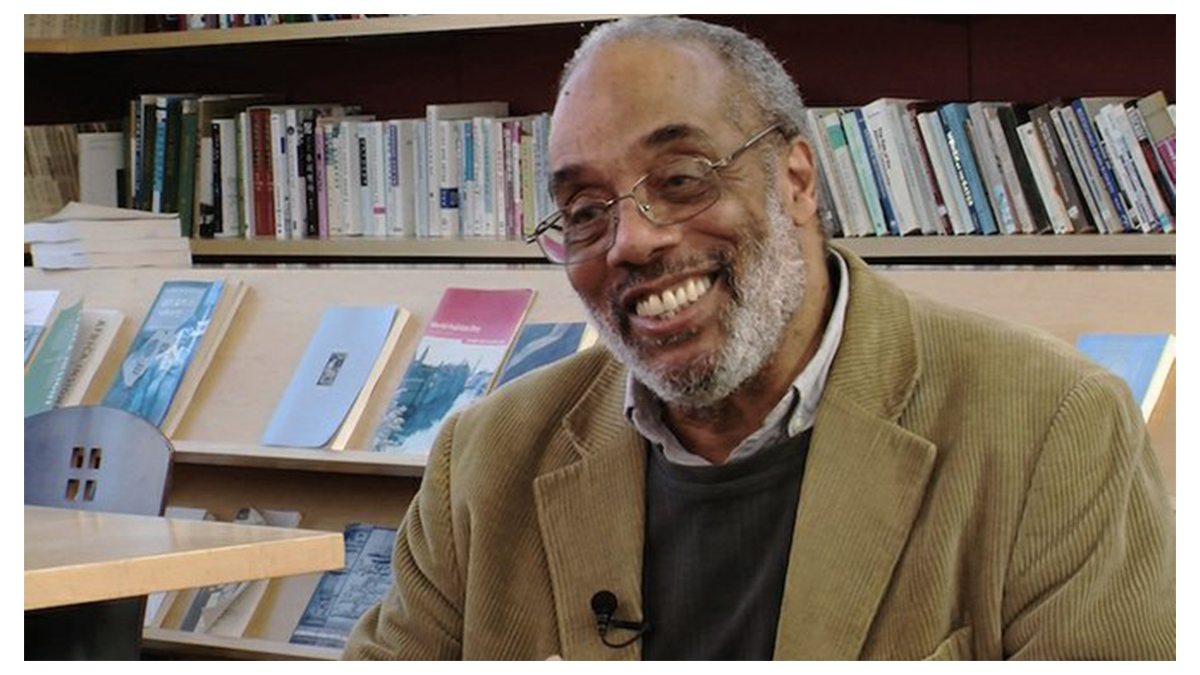Sharing the ‘lost history’ of the civil rights movement
Charles Cobb, an activist who spent his teenage and young adult years organizing change as a field secretary with the Student Nonviolent Coordinating Committee in the 1960s, was the keynote speaker of Carolina's annual African American History Month lecture.

History books tell the stories of the mass protests in Selma, Birmingham and Washington, D.C., and the charismatic national leaders that made headlines, but that was only one part of the civil rights movement.
Charles Cobb, an activist who spent his teenage and young adult years organizing change in the 1960s, aimed to paint a more complete picture of the civil rights movement Tuesday night as the keynote speaker of Carolina’s annual African American History Month lecture.
“Largely missing from the narrative about the civil rights movement and the work that went into building it is that, in many instances, it was led by young people,” he said.
Cobb’s lecture, which was held virtually this year, was part of a 21-year tradition of inviting leading scholars and activists whose work centers on African Americans’ lives from both historical and contemporary perspectives to speak at the University in celebration of Black History Month.
Even though the lecture was not held at the Sonja Haynes Stone Center for Black Culture and History this year, Chancellor Kevin M. Guskiewicz said the event provides the Carolina community another opportunity to understand and learn from history.
“Events like this lecture highlight incredible research on African American history and inform our efforts to achieve greater racial equity — here on campus, but also across the state and our nation,” he said at the lecture.
A journalist, author and activist, Cobb was a founding member of the National Association of Black Journalists and served as a field secretary with the Student Nonviolent Coordinating Committee from 1962 to 1967. Cobb proposed the creation of Freedom Schools — free, temporary schools established in Mississippi that were designed to empower Black middle and high school students.
He went on to an extensive journalism career, which included bringing the first regular coverage of Africa to National Public Radio and becoming National Geographic Magazine’s first Black staff writer. Cobb is also the author of multiple books on the civil rights movement.
At the lecture, Cobb discussed the “lost history” of the civil rights movement to examine the true forces driving progress. While mass protests are the commonly thought of actions, it was everyday people working locally who propelled the civil rights movement within communities around the country. The tradition of grassroots organization, Cobb said, is what best describes the movement.
“It gave us a foothold, a beachhead, enabling us to dig in and begin building,” he said. “Effective organizing then and now requires gaining such footholds in order to move forward.”
Those community efforts empowered more people who were usually spoken for to begin speaking up for themselves in ways that couldn’t be ignored, Cobb said. The civil rights movement turned ordinary people into community leaders.
“There is a core reality that strong movements are built on developing inclusive relationships capable of knitting together strategies formed as a result of listening to ordinary people’s experiences and ideas for change,” he said. “More than any single thing, this is what the movement did in order to engage in effective struggle.”
It’s a lesson that Cobb believes is still effective today, and he sees a lot of the efforts of the Student Nonviolent Coordinating Committee being taken by young people today.
“A whole set of young leaders has begun to emerge and lay claim to the future they want to live in and launch a struggle for their future,” he said. “As a [Student Nonviolent Coordinating Committee] veteran, now 77 years old, I see a lot of my younger self in this and applaud it.”
Those ordinary people stepping into leadership roles — then and now — are vital to creating a stronger, better future, he said.
“That is the real force for change: People who keep their eyes on the prize,” Cobb said.




